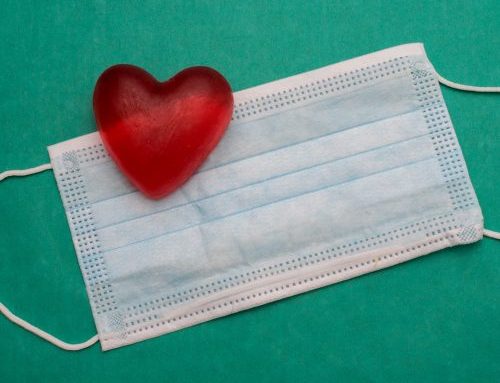Have you ever wondered whether your child has Attention-Deficit Hyperactivity Disorder (ADHD)? Many people think their child may have ADHD, but often other mental health concerns can look like ADHD, because they also influence energy and attention. For example, your child may be feeling anxious, adjusting to a new situation, dealing with a learning disorder like dyslexia or dysgraphia, be struggling to communicate their needs, or a variety of other possibilities. That’s why it is so important to know whether your child actually has ADHD, or if something else is going on. Medication is often recommended as part of the treatment to manage symptoms of ADHD, and is a big step. Parents and medical providers should be clear and confident of a diagnosis before they start medication.
Psychological testing is an important step in the diagnosis of ADHD. We believe it is important that our clients and parents of clients understand the process of testing for ADHD and know how it works so they can make fully informed decisions.
Why should I do psychological testing?
Testing is essential to an individual receiving an accurate ADHD diagnosis. There are three types of ADHD. These types are determined according to the symptoms that an individual experiences and include 1) the inattentive type (problems with concentration), 2) hyperactive type (excessive energy), and 3) combined type (symptoms of inattention and hyperactivity). Testing for ADHD is crucial because it determines whether someone meets diagnostic criteria for ADHD and what type of ADHD they are experiencing. With the results of psychological testing, your treatment plan will include much less trial and error, and you can feel confident that your child is getting the medication and treatment that he or she needs..Testing can also help you determine if something else is going on that may look like ADHD, but is actually another issue.
What is the process of testing like?
Testing is conducted by a licensed psychologist or testing intern who completes testing under the supervision of a psychologist. The testing process includes a clinical interview, where the your child, if old enough, answers questions about themselves and describes the symptoms they are experiencing, and you also answer questions about your child. Then, your child completes a variety of tests, which include a test of intellectual functioning to determine an individual’s innate cognitive abilities and whether there are any patterns of functioning that are consistent with ADHD. You will be given questionnaires about functioning at home, work/school, and community for you, other caregivers, teachers, coaches, and instructors to fill out to give the psychologist an idea of how your child functions in different situations. These tests and interviews will help determine if instead of ADHD, there is actually another problem present.
At Grace Counseling, the testing process occurs over the course of three or four meetings with the testing intern or psychologist. Your child will use an iPad for many of the tests, and the tests he or she will do will be chosen by the psychologist based on the symptoms you and your child describe, and the diagnoses we are looking for. The information gathered through the testing process is measured to determine whether an individual meets criteria for an ADHD diagnosis. At the end of testing, you will receive a test report with specific recommendations of exactly what you can do to help your child, as well as any appropriate diagnosis for you to share with your physician if medication is a route you’d like to pursue, or with your child’s school. For more tips on navigating your child’s school once your child has a diagnosis, check out Stephanie Ratner, LCSW’s blog on the subject.
The treatment recommendations are important, as they provide a tailored blueprint of how an individual can improve functioning and manage symptoms of ADHD. One of these treatment recommendations often includes individual therapy.
If you would like to learn more about being tested for ADHD for yourself or for your child, contact our front desk at 720-489-8555 and we will be happy to provide you with more information or set up an appointment.




